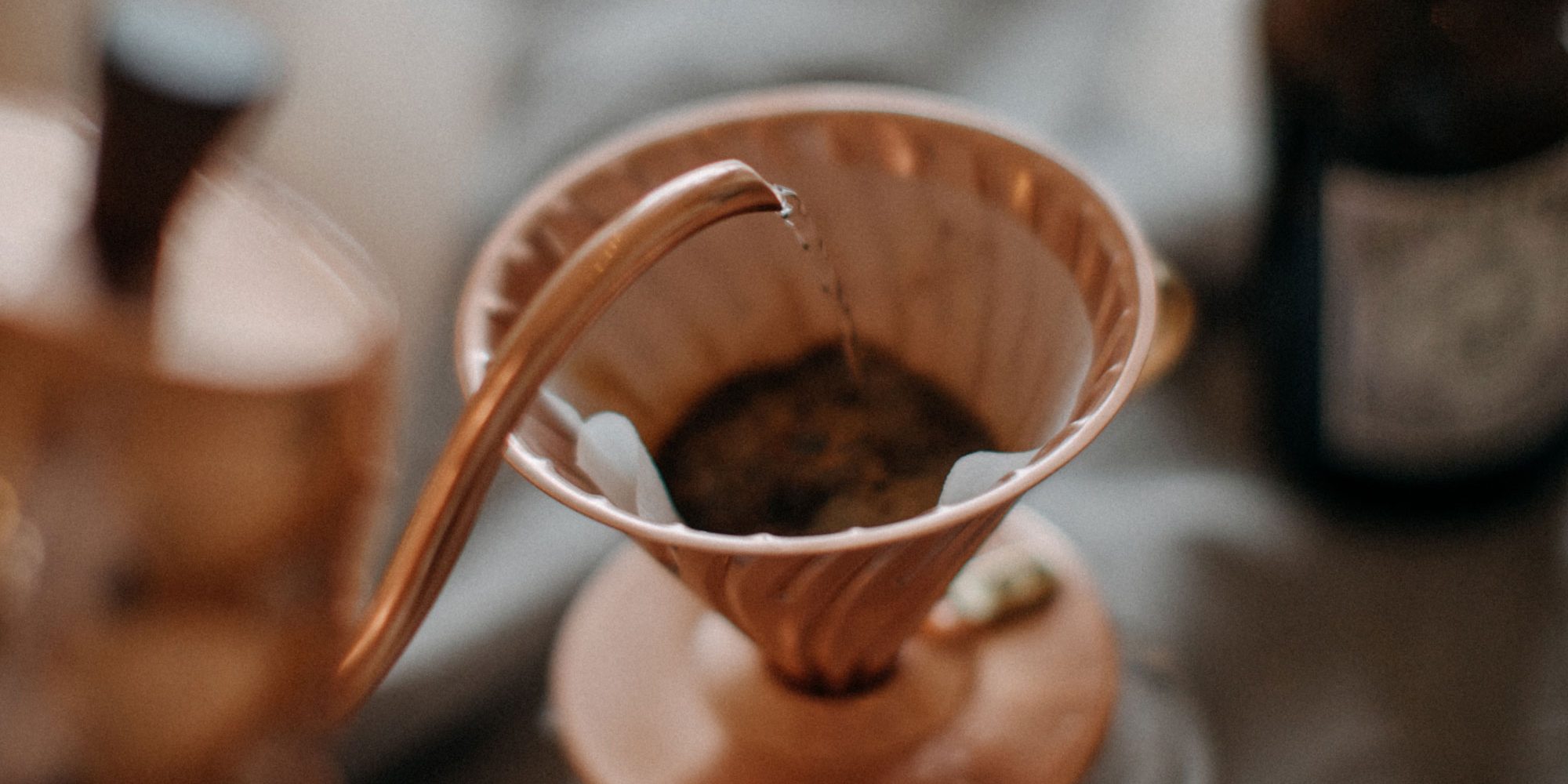Water Filtration in Coffee
Words by Lawrence Goozee
In my mind, the most neglected aspect regarding the taste of coffee is water. It is, behind the origin, the most significant influencer on taste, rivalled only by the roast. When home brewing, this explains why all too often your home filter may taste flat and dull, compared to when it was vibrant, acidic and exciting at your favourite coffee shop.
The Problem
In short, the two main components of water which influence how your coffee extracts, and therefore tastes, are calcium and magnesium. Generally speaking, “hard water” is predominantly composed of these two elements. The more calcium and magnesium in the water, the harder it is. This is the total hardness. Hardness for coffee extraction is good, as these minerals extract flavour from the coffee. However, this is true only up to a point. Too much hardness extracts too much from the coffee, resulting in that dreaded flat, dry cup.
At this point, you may be inclined to use home filtration systems, such as the jug styled filters offered. Though, the bottom line is that they treat all water the same, failing to take into account how hard your water is. In short, hard water needs more treatment than soft water. Secondly, they also tend to drop the PH of the water. For the Brighton and Hove coffee drinker; this is not good news.
The Solution
All is not lost. There are solutions!
1 – Use bottled waters which have a total hardness and are optimised for brewing. Whilst I generally discourage buying bottled water, the convenience of using them is appealing. Of the major brands, our favourites are Waitrose Essentials, followed by Tesco Ashbeck.
2 – Speak to your favourite roastery. Whether they realise it or not, the process of roasting is really one of making coffee taste good with a given water. It is very likely that this will differ from yours. Ask them about their water, or, better still, bottle some of their water and take it home with you! In my experience, they are always happy to help you get the most from your coffee.
3 – Make your own water – bare with me! The process is really simple and cost effective. You can buy distilled water and add the components yourself. These recipes can then be tailored to fit guidelines such as those proposed by the SCA (Specialty Coffee Association), or by Water for Coffee (Colonna-Dashwood, Hendon). For more on this, visit baristahustle.com.
4 – Support Peak Water; a kickstarter from Maxwell Colonna-Dashwood. These are home style filtration jugs with the sensibilities of far more expensive filtration systems, like that of the reverse osmosis system. This will, by far, be the most cost efficient and most practical way of achieving optimal parameters for brewing. As co-author of Water for Coffee; he really is the leading voice on the matter.

